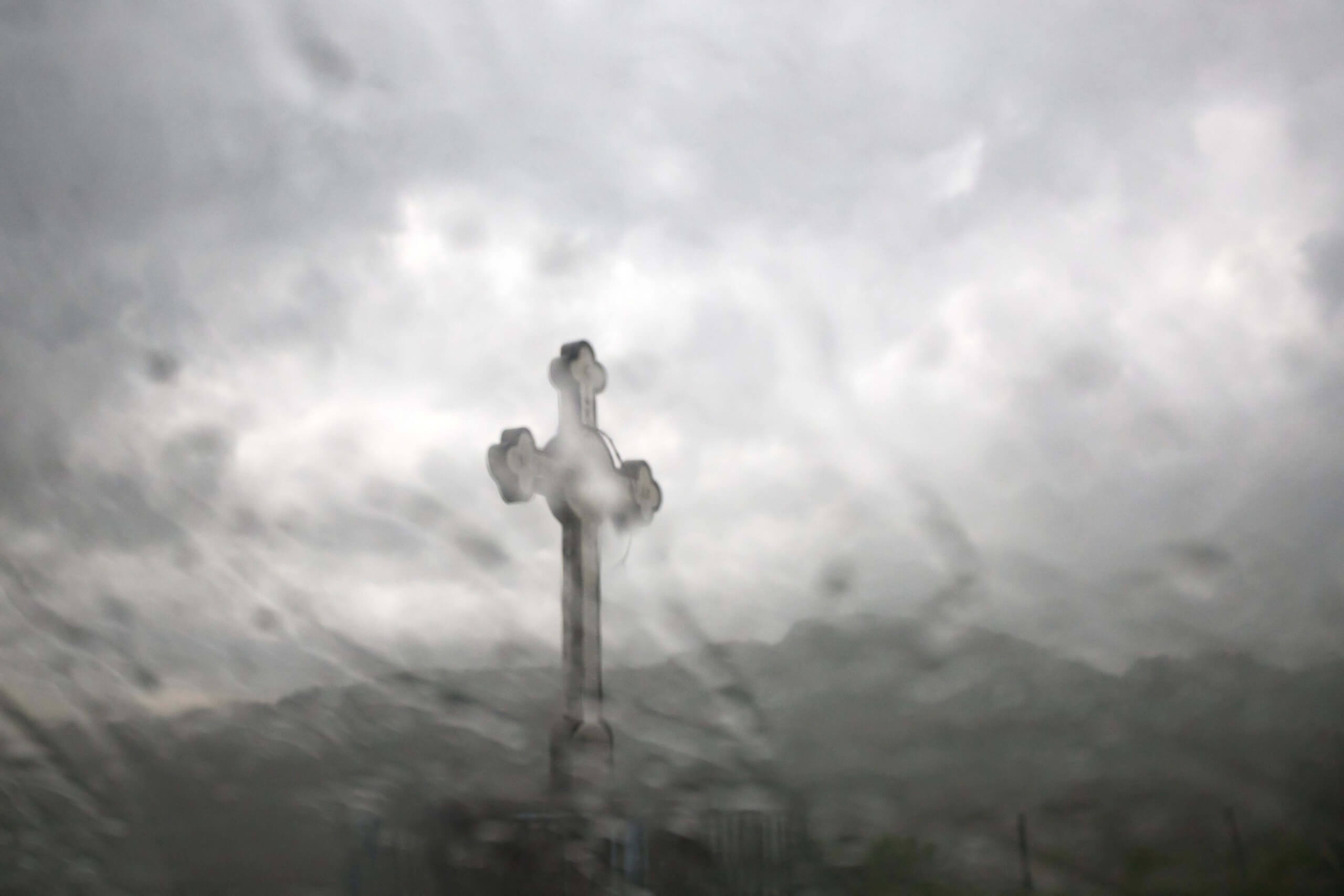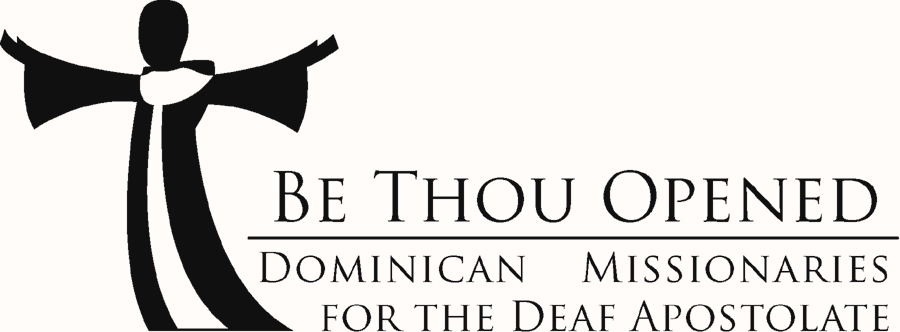DISABLED, MINORITIES AND HOSPITAL MINISTRIES
DISCERNING A CALL TO COMMUNITY LIFE
When discerning religious life, a young person has much to consider.
Discernment is the process we all use to try to figure out what God wants us to do. Usually when we use the word discernment, we are talking about which vocation, or path, God has planned for us. For example, is He calling you to married life, single life, or religious life?
In Rule for a New Brother, H. Van Der Looy describes the call to a religious life in this way:
“Following Jesus does not mean slavishly copying His life. It means making His choice of life your own starting from your own potential and in the place where you find yourself.”
— Rule for a New Brother

THE CALL TO SERVE GOD
HOW DO I KNOW?
Many people wonder how they will know that they are being called to serve God. Often, you simply feel a love and call to ministry.
I AM AFRAID.
Many who consider the path to the religious order are afraid of the reaction of their friends or family. As you progress through your discernment process, you may want to talk to your parish priest or a member of a religious community of brothers or sisters. He will most likely be delighted to share his discernment path with you to help you negotiate this time.
FINDING YOUR PATH TO SERVE GOD

There are many different paths within a vocation you can take. You might start by asking yourself the following questions:
- How do you want to serve God?Do you feel you are being called to be a lay minister? A brother? A monk? A priest?
- What kind of personality do you have?Would you prefer to live in a cloistered or apostolic community? A cloistered community is a closed community in which the members live in seclusion from the outside world. An apostolic community is one in which the members go out into the world to work. We are an apostolic community.
- Is there a special community you feel called to serve?The Dominican Missionaries for the Deaf Apostolate works specifically to serve the deaf community. If you are interested in serving this very special community, perhaps our order can be a good fit for you.
A good resource to help you through this part of the discernment process is the National Vocations Placement Service.
FINDING YOUR PLACE
If you find that you feel called to serve with a specific religious community, most people first visit that community so they can see and feel what it would be like. Some people stay for a while. Some people make several short visits.
In our order, once someone has asked to join the order, the professed brothers of the community vote to decide if the community should accept this person as a new postulant. We discuss the candidate for postulancy. If we arrive at a majority in favor of the candidate, we invite him to join the order.
DOMINICAN VOWS
At the end of your novitiate period, you can choose to take first vows. These vows are temporary, and are taken in intervals of 1, 2, or 3 years. You will have temporary vows for a period of at least 3 years, but not more than 6 years.
The period spent under temporary vows is a time of intense study. If you already have a bachelor’s degree, you will start on a master’s degree in theology. If, however, you have not completed your bachelor’s degree, you must complete it before starting on your studies in theology.
When you have completed your educational requirements and 3-6 years of temporary vows, you can take final vows which will be for life.
At this point, you also have another choice in the vocations spectrum. A brother can choose to either take perpetual vows as a religious brother or to become an ordained priest.
To see more about our daily life, including our prayer schedule and way of life, click here.

